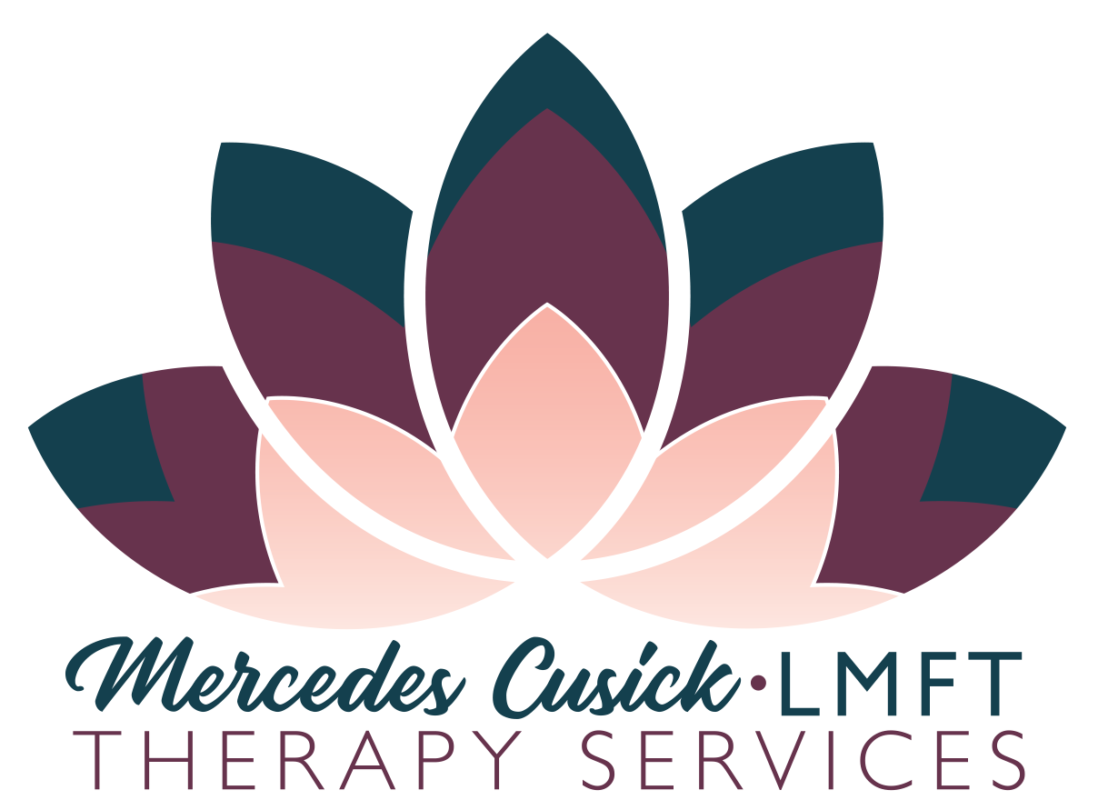In a world where traumas, both visible and invisible, shape the lives of countless individuals, understanding PTSD and complex trauma becomes paramount. The journey toward healing is intricate and deeply personal, necessitating the guidance of a specialized navigator—a trauma specialist. As a trauma specialist I wanted to shed light on the transformative path from surviving to thriving.
Defining PTSD and Complex Trauma
PTSD and complex trauma are often whispered about but seldom understood in their entirety. At their core, these conditions emerge in the aftermath of experiencing or witnessing life-threatening events. PTSD is frequently characterized by vivid flashbacks, heightened anxiety, and avoidance behaviors. However, complex trauma, a term that describes exposure to varied and multiple traumatic events, often systemic and interpersonal, weaves a denser fabric of psychological harm. Understanding these nuances is crucial, as it informs the therapy modalities a trauma specialist may employ.
The Role of a Trauma Specialist in Healing
Trauma specialists stand as lighthouses in the tumultuous seas of recovery. Our expertise not only lies in understanding the intricacies of trauma but also in our deep-seated capacity for empathy and connection. We employ specialized techniques to navigate the complex web of trauma’s psychological impact, facilitating a safe space for individuals to explore and process their experiences.
The value of a trauma specialist cannot be overstated. Through a therapeutic alliance, we tailor our approach to meet the unique needs of each person, recognizing that the path to healing is as individual as the trauma itself. This may involve various forms of therapy, from cognitive-behavioral interventions to EMDR, all aimed at helping individuals regain control over their lives.
Techniques and Therapies Used in Trauma Treatment
Therapy for trauma is a craft honed by a nuanced understanding of human psychology and the complexities of the brain’s response to extreme stress. Trauma specialists lean on a plethora of approaches, including EMDR (Eye Movement Desensitization and Reprocessing), CBT (Cognitive Behavioral Therapy), and somatic experiencing. EMDR, for instance, facilitates the processing of trauma by mimicking the natural healing process of REM sleep, allowing individuals to form new associations with traumatic memories.
Somatic experiencing underscores the body’s role in trauma recovery, emphasizing the release and regulation of physical tension that remains lodged in the body post-trauma. This technique is particularly effective in addressing the somatic symptoms of PTSD, creating pathways for survivors to reclaim their bodies’ sensations as safe and manageable.
The Process of Finding the Right Trauma Specialist
Discovering a trauma specialist who resonates with an individual’s needs and experiences is akin to finding a beacon of hope. It begins with acknowledging the need for help and then diligently researching qualified professionals with expertise in treating PTSD and complex trauma. Recommendations from trusted healthcare providers, as well as credible online databases and professional associations, serve as valuable resources.
During initial consultations, it’s essential for individuals to trust their instincts about whether they feel safe and understood. A productive therapeutic relationship hinges on comfort and connection, elements that are vital for effective trauma work. Questions about a therapist’s experience, specialization, and approach to treatment can provide clarity and confidence in this critical decision.
Success Stories: Overcoming PTSD with Professional Help
There’s undeniable power in stories of triumph over trauma. From individuals reclaiming their ability to experience joy, to those re-establishing trusting relationships, success stories abound. These narratives underscore the transformative role of trauma specialists in facilitating the journey from victim to survivor to thriver. They offer hope and tangible evidence that, even in the aftermath of profound trauma, healing is achievable.
One compelling testimony comes from a person who, after years of struggling with the effects of complex trauma, embarked on a therapeutic partnership that transformed their life. Through specialized interventions and unwavering support from their trauma specialist, they discovered resilience they never knew they had. This story, like many others, illustrates the profound difference that targeted professional help can make in the healing process.
Managing Expectations: The Journey of Trauma Recovery
Understanding the landscape of trauma recovery is essential for managing expectations. It is a process often marked by challenges and setbacks, yet it is also filled with milestones and moments of profound growth. A trauma specialist helps navigate this journey, setting realistic expectations and celebrating progress, no matter how small. Patience, persistence, and self-compassion are key companions on this road to recovery.
It’s important to acknowledge that recovery from PTSD and complex trauma is not about erasing memories or reverting to a ‘pre-trauma’ state. Instead, it’s about developing resilience, understanding, and tools to move forward. With the support of a trauma specialist, individuals learn to reconstruct their sense of self and redefine their future, one step at a time.
The Light at the End of the Trauma Tunnel
Embarking on the journey to heal from PTSD and complex trauma is a testament to the human spirit’s resilience and courage. A trauma specialist does more than guide one through the throes of their darkest memories; they illuminate the path to reclamation, empowerment, and renewal. As we conclude, remember that seeking help is a brave step towards not just reclaiming the life trauma tried to steal but redefining it on your own terms. Your story isn’t over; it’s simply awaiting its next courageous chapter.
About the Author:
I am Mercedes Cusick, LMFT, a certified EMDR trauma therapist specializing in EMDR intensives. I am dedicated to addressing trauma-related challenges and improving mental health outcomes. My commitment to trauma therapy is driven by its significant therapeutic effects, particularly for individuals grappling with complex trauma, PTSD, toxic relationships, and narcissistic abuse.
Serving a diverse community with dedication and empathy, I am proud to support individuals in the Los Angeles area, specifically in Woodland Hills, Calabasas, Agoura, Hidden Hills, West Hills, Northridge, Winnetka, Tarzana, Studio City, Sherman Oaks, Malibu, and Beverly Hills. Together, we can journey toward healing and resilience.


